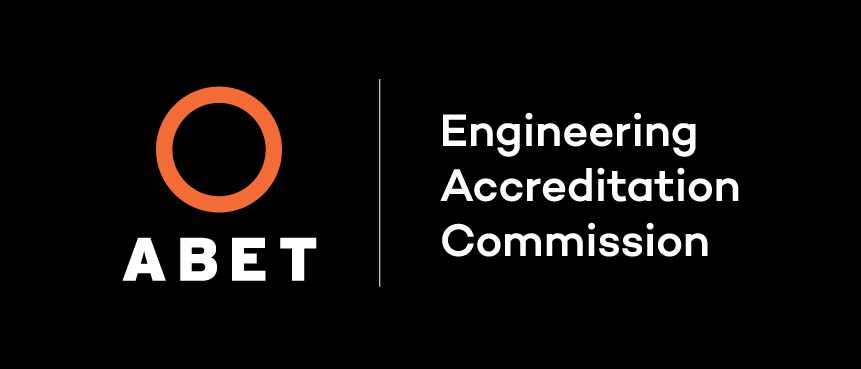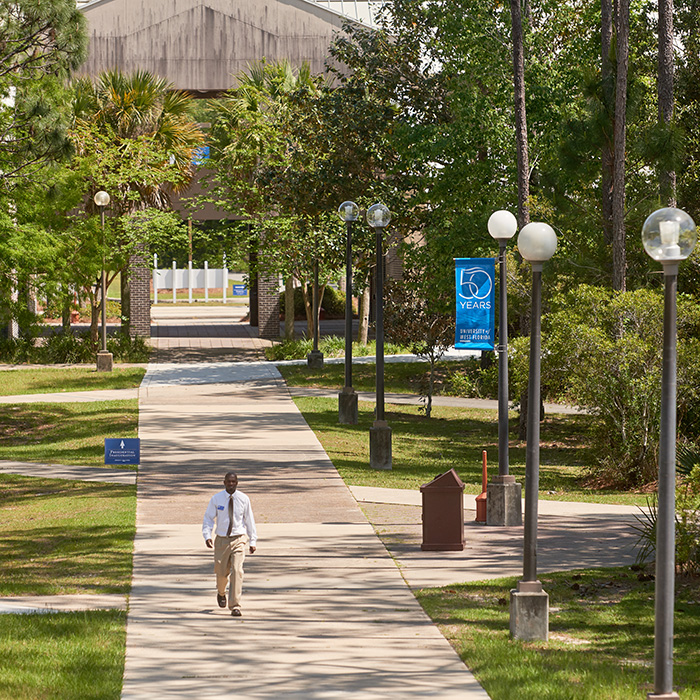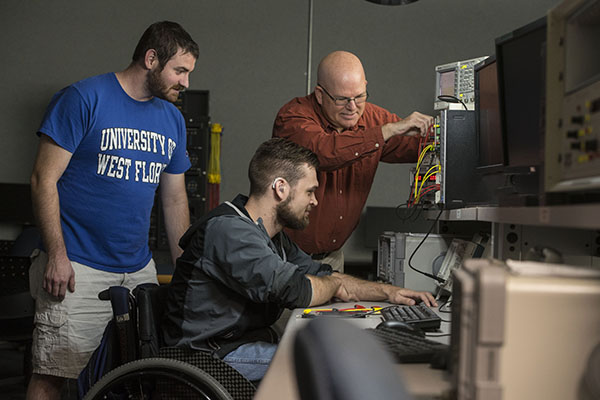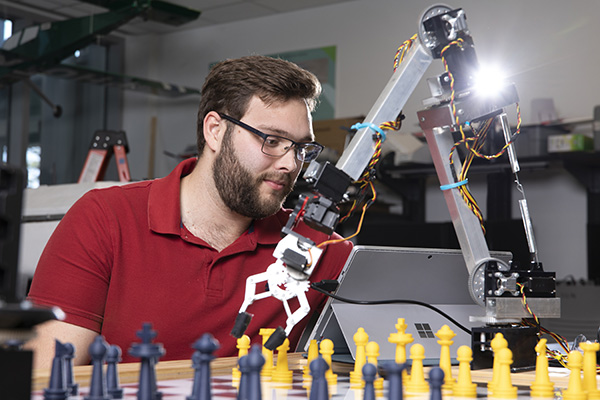From cell phones to robotics and beyond, computer engineers are at the cutting edge of modern technology. Join UWF's computer engineering program, and change the world.
Why Study Computer Engineering at UWF?
Our program prepares you to develop computer hardware and software solutions for today's technologies. We will provide you with a strong background in engineering analysis and design and give you the implementation skills you need to succeed.
Our graduates pass Professional Engineer tests at rates higher than the national average. Alumni attend top graduate schools, including Johns Hopkins, Carnegie Mellon and Georgia Tech.
The computer engineering program at UWF is accredited by the Engineering Accreditation Commission of ABET. ABET accreditation is assurance that a program meets the quality standards established by the profession for which it prepares its students.
We offer numerous scholarships, a range of internship and co-op experiences with local companies and plenty of undergraduate research opportunities.
Our student teams compete in regional and national student robotics competitions and regularly beat teams from much larger and better known engineering programs.
Our program is offered at both the Pensacola campus and UWF Emerald Coast in Fort Walton Beach.
What You Will Learn
The computer engineering curriculum provides a balance of hardware, software and computer theory and applications with a basic background in electrical engineering. Nine credits of electives allow you to delve deeply into selected subject matter.
In the last two semesters, students will work on a senior design project (capstone) as the culmination of their engineering education. After developing objectives and analysis, students create design concepts, researching implementation methods and performing a feasibility study. At the end of the final semester, students present their projects.
A minor in computer engineering allows you to explore computer hardware and applications without the heavy math and science prerequisites of other STEM fields. You will study basic digital design concepts, microprocessor applications and VHDL design.



.jpg)






